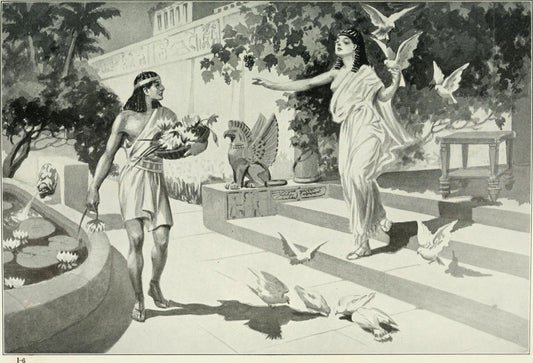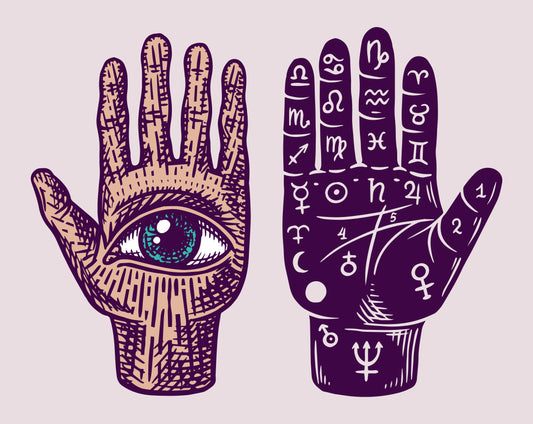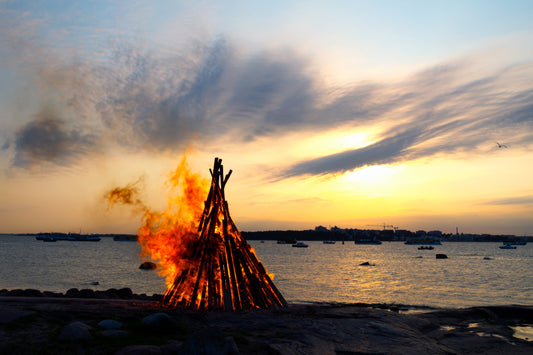Our Kickstarter launch will feature a collection of hard-enamel pins inspired by alchemy. The pins will be an assortment of potions, an alchemist's toolbox.
In anticipation of that, to get everyone excited about the Supernature Potion Emporium, let's talk a little about alchemy!
What is Alchemy?
Alchemy began in ancient Egypt as a rudimentary understanding of chemicals and a fixation on immortality, all documented through the mummification process.
Skip forward a couple hundred years, Greek philosophers took an interest in the ideas and practices of ancient Egypt and adapted concepts of Egyptian alchemy but also took it a step further. The Greeks believed in the four elements of nature: air, water, fire, and Earth. They thought these elements composed everything on the planet.

The Egyptians and the Greeks weren't the only people to explore chemicals and alchemy. Independently, China and India also had their own studies. Taoist monks pursued Elixirs to prolong life. These Elixirs could be external such as plants and minerals, but they could also be internal forces of energy.
India had similar beliefs about prolonging life through internal and external methods.
Philosopher's Stone
In the 8th Century, Arabs brought their ideas about alchemy to Spain and those ideas spread through Europe like wildfire. The Arabs believed that gold was the perfect metal and that lower, lesser metals could be transformed into gold through the use of the Philosopher's Stone.
This concept is seen in other branches of alchemy. The Chinese believed the stone could provide immortality and they called it the Pill of Immortality.
Alchemists had several goals aside from immortality and transmutation of metals into gold. They also tried to create a cure to every disease and a universal solvent.
What about now? What happened to alchemy?
Eventually, alchemy evolved into modern chemistry. Alchemy laid the groundwork for curious minds to dig deep and study the elements and substances around us, exploring and making use of the natural world.
Islamic and European alchemists created a structure of the experimental method which is still used in labs today.
At some point, alchemy split into two separate studies, the first, a study of physical science which examines early chemistry and medicine. The second group explores the magic, philosophy, and spirituality of alchemy.

Today, we are inspired by alchemy and all it attempts to achieve. Our collection of potion pins reflect the mystical nature of alchemy and inspire to seek magic in everyday life.




